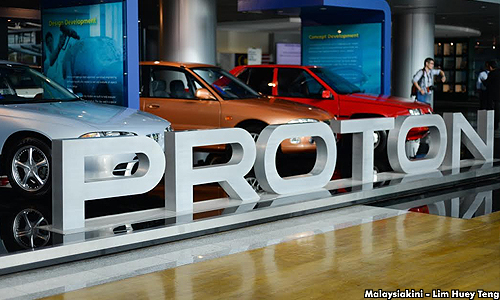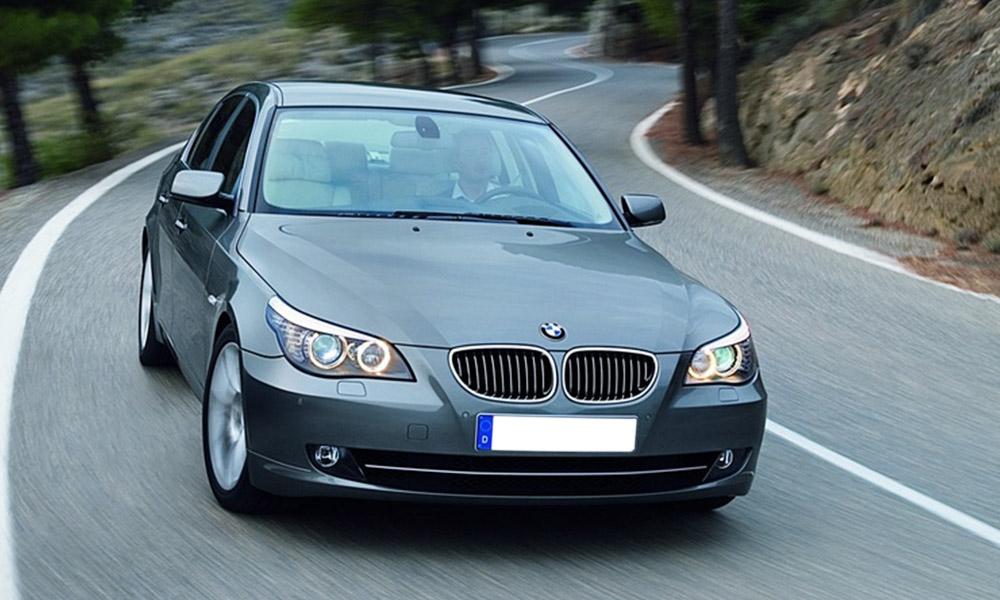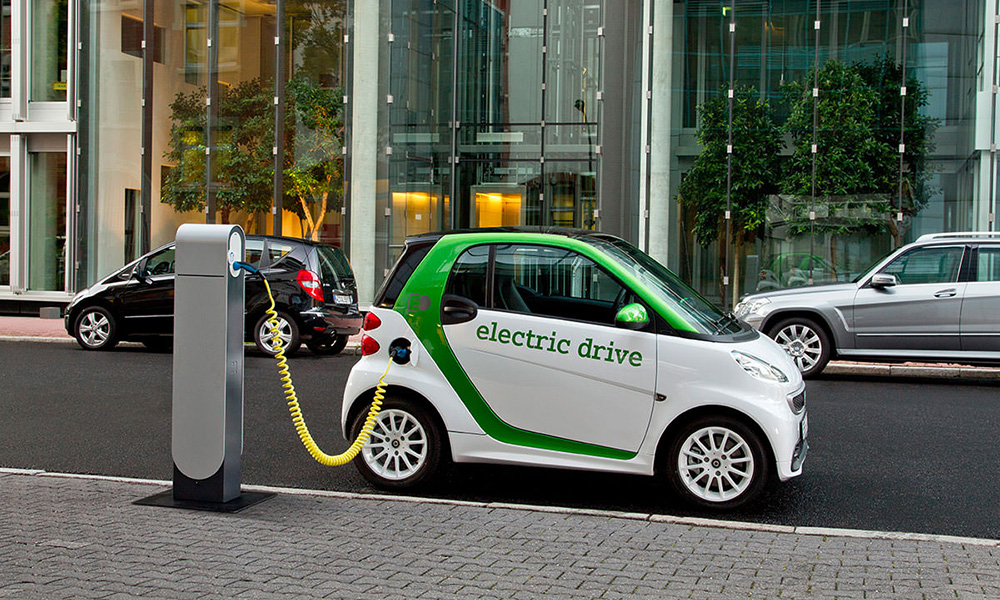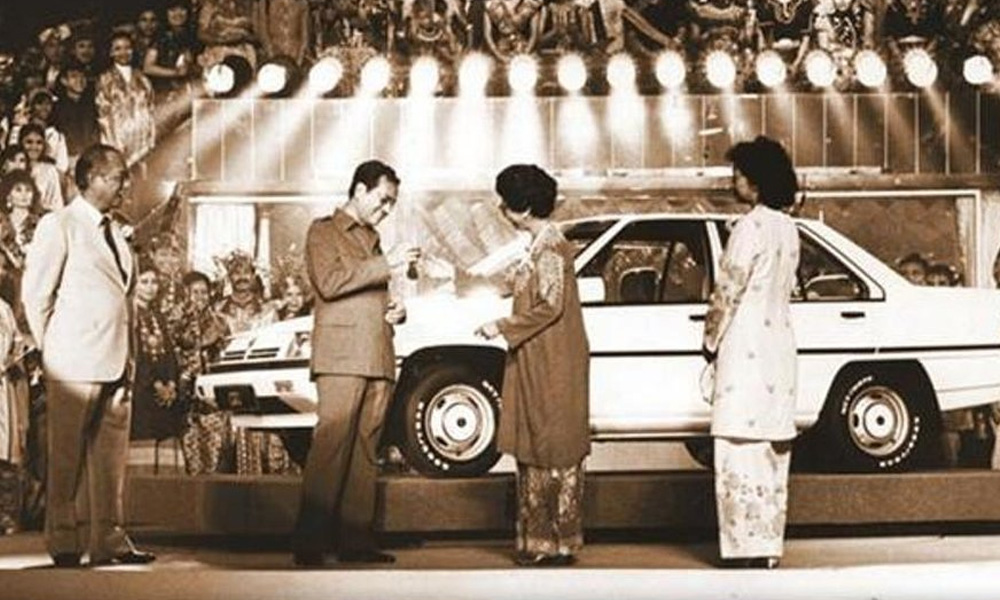
All cars have four wheels. That sounds like a tautology. The latter means something which is so obvious that it is practically deprived of any new value. If not four wheels, how else can a car balance itself on the road? That's tautology - a circular logic.
But Citroen, which belongs to France, once came up with the concept of a vehicle that could run on three wheels should the fourth tire go flat.
In fact, as early as 1960s, barely half a century after the founding of the first Model T by Henry Ford, the seedling of the idea to revolutionise the car industry was there.
It wasn't just about speed or safety, as Volvo was known for. It was about a whole spectrum of change and possibilities. Even the late Robert McNamara, the former defence secretary of US, prior to his role as the defence advisor to President John F Kennedy, was hard at it at Ford.
When he saw the statistics of the fatalities of US drivers shooting up in the 1950s, he asked drivers to buckle up. True enough, the injuries and death came dropping down like a lead balloon. In essence, that is the car industry - subject to perennial revolution, both big and small.
Over the years car enthusiasts have been unrelenting in wanting to make the vehicles run better, safer and faster. Be it oil, diesel, electric, solar, or potentially long-lasting batteries, the ingenuity of the human mind has never given up on making the "perfect car" - one that can either be mass consumed or sold to high-end niche customers.
Nevertheless, even to those that have succeeded still face a variety of issues, not least safe airbags that turn deadly when they suddenly inflate without the slightest of impacts. The global recall of the latter was enough to send Takada airbag producer into bankruptcy.
As for high end customers like BMW, the arrival of car sharing apps, such as Grab and Uber, have had BMW producing apps to share BMWs from point A to B, without relying on the old model of asking the customers to buy them wholesale, indeed, to buy them on larger mortgages too, or by cash.

In such a sharing economy or what is known as the "honeycomb economy", where everything sweet and attractive in the economy can be shared, any attempt to create a national car industry is a potential danger. This is the effect of the disruptive technology. Why?
Not unlike Lexus Toyota, that had the backing of the parent company of Toyota, any attempt to build a national car industry in Malaysia will involve a return to the drawing board and heavy capital investment almost from the start.
If the market does not see the need for one, the funds must come mostly from the state, which in turn could enlarge our future debt exposure, even if a possible partner is from Japan.
Already crowded market
To be sure, there is nothing wrong with spending heavy dollars on high-end technology.
Satellites, for example, can deliver fast broadband signals and supplant the need of fixed lampposts and gangly cables, as digitization of the new economy is indeed the way forward.
Even so, any wrongful allocation of capital in a challenging car industry will create huge whiplash effect on Malaysia's economic outlook. The world might not look so kindly at Malaysia then.
Firstly, institutional investors that have gone green will not invest in Malaysia if they believe that the Malaysian government is going into a crowded field that is trying to shrink the very size of its carbon footprint, when in fact Malaysia does not have the eco-friendly strategy to compete on this ecological paradigm at all.
Thus, any national automotive project, rather than inviting investment, could drive it away. Lately, even Tesla has had to cut 9 percent of its workforce throughout the world, just to be profitable.

Secondly, the car industry isn’t just going green but trying a different matrix of energy consumption - oil, electric, battery and solar.
If Malaysia embarks on a national automotive industry, it has to challenge the primacy of Tesla, Google and all the other established players on all four fronts - creating cars that run on oil, electric, battery and solar.
The Malaysian capital would be spread too thin, leading to the inability to create the critical mass of engineers, designers and consumers needed to reboot the national car industry.
Thirdly, some car companies already know that they are trapped in a sunset industry as cars are becoming driverless and which could one day completely rely on artificial intelligence.
Why limit to just cars?
These car companies know they cannot beat these new cars. When they can't, they are likely to phase their old cars to Malaysia or other any other second or third world countries.
When Mitsubishi allowed the earliest batch of Proton Saga to be rebadged to be regarded as Malaysia's national car, the former was selling off their old Lancer models which were about to expire in Japan.
The same practice was done by Kia, which in turn collaborated with Naza group in Malaysia. Each time Naza rebadged a Kia model, this affected the resale value of Naza cars.
Fourthly, the likes of former Proton boss Tengku Mahaleel Tengku Ariff has shown, Malaysia lacks the entrepreneurial and design talents to sell Malaysian cars either locally or regionally.

There is a myriad of reasons to deter Malaysia from establishing a second national car company. But if one has to be built anyway, why not transform Malaysia into a regional assembly hub, not just for cars, but buses, lorries, even motorbikes.
DRB Hicom is capable of producing Audi's, for instance. Why not help DRB Hicom to mass assemble Audi's and other cars such as what the Thai auto industry has done?
A fully-mechanised production would provide Malaysia with the high-end know-how to compete in an industry that has favoured the giants. Malaysia's car assembly model would also be able to serve consumers of different tastes and backgrounds.
Remember Malaysia needs a huge market to achieve the right economies of scale for its production. The local market is small and over-crowded while foreign markets have many giants like Toyota, Volvo, Nissan and many other continentals and American brands competing for business.
Let's not forget the ever-growing costs of leadership manufacturing plants in China where cars are manufactured or copied for a fraction of the costs elsewhere.
Given such realities, Malaysia certainly must gauge carefully, if it wants to go down the same path of Proton again. As it stands, there are no compelling reasons to do it unless there is going to be some world proposition that shakes up the car industry globally.
RAIS HUSSIN is a supreme council member of Bersatu and heads its policy and strategy bureau. -Mkini


No comments:
Post a Comment
Note: Only a member of this blog may post a comment.